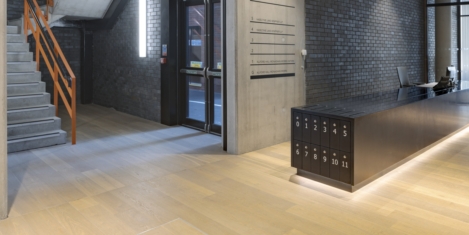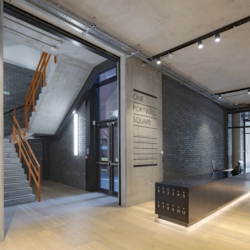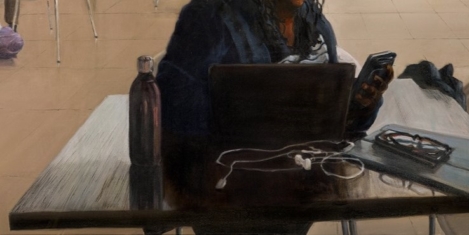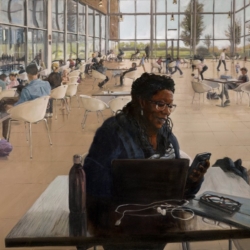March 14, 2024
Most firms set to invest in AI but half admit they don’t know why or how
 A new poll from Orgvue, an organisational design and planning software platform, suggests that businesses continue to ramp up investment in artificial intelligence despite being unclear on its business impact or how to implement it. Four in five (82 percent) of organisations have already invested, with another 33 percent saying they will increase this by more than 50 percent in the coming year. Based on a survey of 1,000 C-suite and senior decision makers at medium and large organisations, the report, Human-first, machine enhanced: the role of AI in workforce transformation, highlights contradictions in the business community concerning technology investment and AI’s impact on the workforce. More →
A new poll from Orgvue, an organisational design and planning software platform, suggests that businesses continue to ramp up investment in artificial intelligence despite being unclear on its business impact or how to implement it. Four in five (82 percent) of organisations have already invested, with another 33 percent saying they will increase this by more than 50 percent in the coming year. Based on a survey of 1,000 C-suite and senior decision makers at medium and large organisations, the report, Human-first, machine enhanced: the role of AI in workforce transformation, highlights contradictions in the business community concerning technology investment and AI’s impact on the workforce. More →



































March 14, 2024
When the chairs took over the world and what it all meant
by Mark Eltringham • Comment, Facilities management, Furniture, Workplace, Workplace design